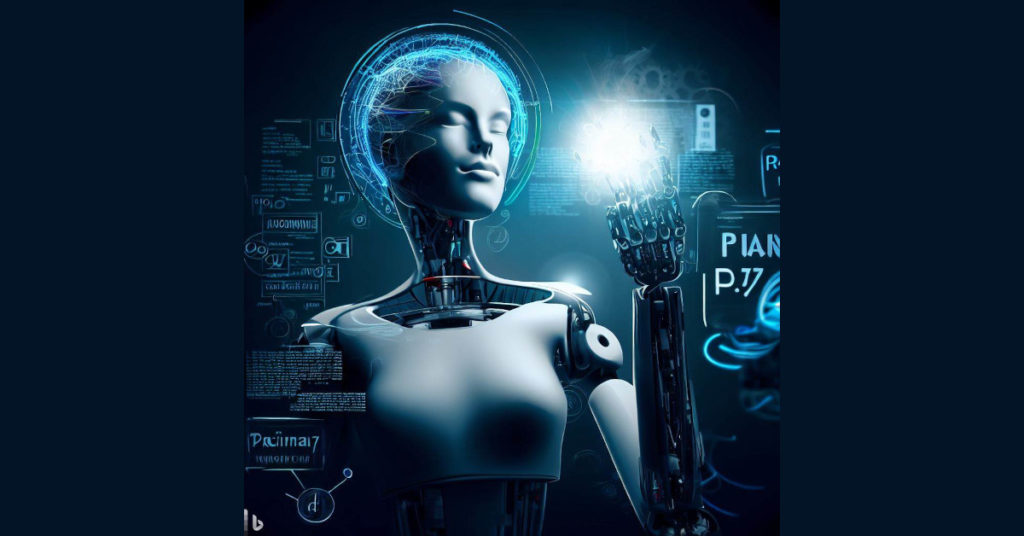Asked to decide if an artificial intelligence (AI) software system can be listed as the inventor on a patent application, the United States Court of Appeals for the Federal Circuit (CAFC) said no. And SCOTUS recently declined to hear a challenge to the case.
The case raised the fundamental question of whether non-human entities can be recognized as inventors under the Patent Act.
According to the Patent Act, the term “inventor” is explicitly limited to natural persons, i.e., human beings. Consequently, the US Patent and Trademark Office (PTO) denied a computer scientist’s patent applications that failed to identify any human as an inventor. The only inventor listed on the patent application was the very software that the computer scientist had created.
The definition of “individual” is not explicitly provided in the Patent Act. However, the Supreme Court has previously clarified that “individual” generally refers to a human being or a person when used as a noun. While this particular ruling (Mohamad v. Palestinian Auth., 566 U.S. 449, 454, 2012) was unrelated to patents, it highlighted the understanding of “individual” in legal contexts.
The CAFC firmly held that an inventor must be a human being, drawing support from its own precedent and reasoning. Consequently, the court confirmed that patent inventors must be actual individuals.
It is worth noting an intriguing detail mentioned in the opinion. The plaintiff pointed out that South Africa has granted patents with his software acknowledged as an inventor. While this aspect warrants further investigation, those interested can explore the full opinion in Thaler v. Vidal.
And remember, if you are an inventor filing a patent application, paying close attention to accurately listing the inventors is of utmost importance. Surprisingly, this crucial aspect is often overlooked or glanced over by applicants. Getting inventorship right is essential to ensure the validity and success of your patent. If you have any questions about what constitutes an inventor or any other patent-related queries, don’t hesitate to reach out.
Source: Reuters

